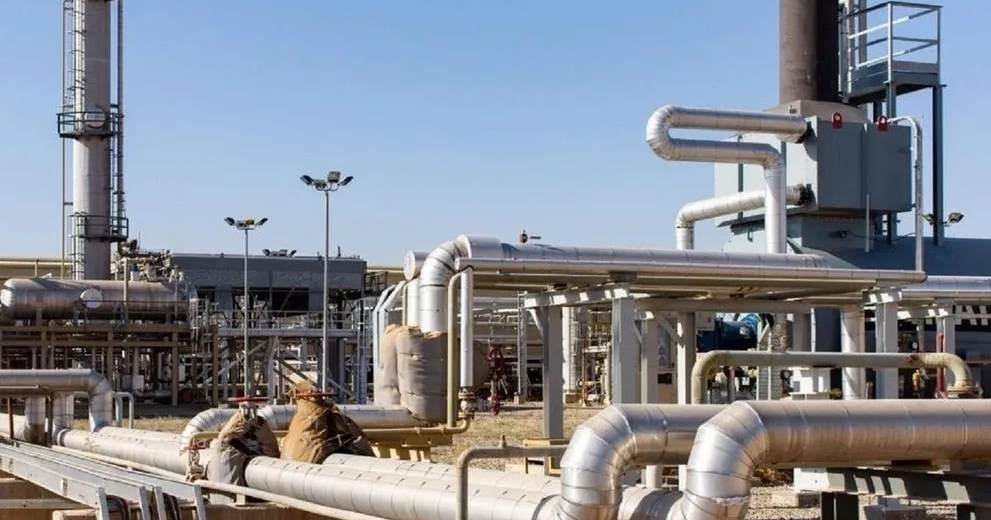
Similar Posts
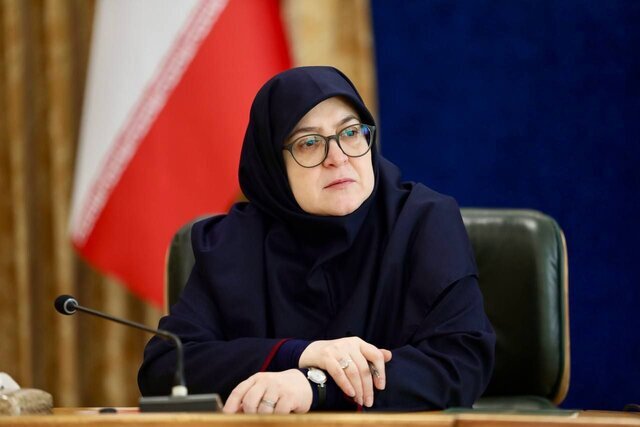
Iran’s Oil Exports Here to Stay: Government Spokeswoman Declares Resilience
Iran’s oil industry is asserting its resilience against sanctions, with a government spokesperson declaring that the country’s oil exports cannot be halted. The Ministry of Oil is central to this strategy, and recent sanctions from the U.S., targeting Iranian Oil Minister Mohsen Paknejad and vessels involved in smuggling, indicate Western concerns about Iran’s operational effectiveness. The spokesperson emphasized that previous sanctions failed to achieve their aims, reinforcing Iran’s commitment to its position in the global oil market. The situation highlights ongoing tensions with Western nations and the potential impact on international oil supply and demand dynamics.
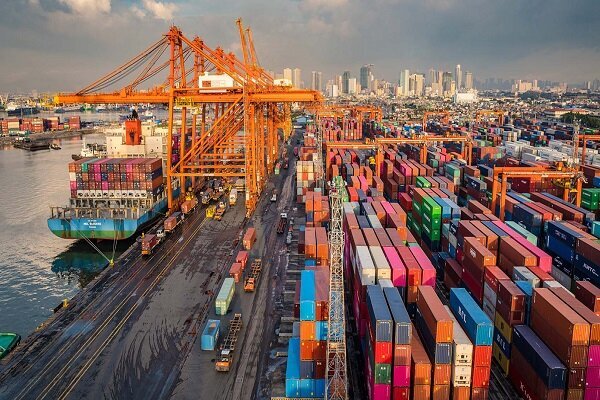
Iran and Pakistan Set Ambitious Goal to Elevate Bilateral Trade Beyond $10 Billion
Trade between Iran and Pakistan offers a strategic opportunity for economic growth, reducing costs and enhancing cooperation due to their geographic proximity. By eliminating trade barriers like cumbersome customs and outdated tariffs, they aim for an ambitious target of $10 billion in annual bilateral trade. Ambassador Reza Amiri-Moqaddam emphasizes the importance of barter trade, minimizing reliance on foreign currencies. Key benefits include lower transportation costs, currency protection, and streamlined customs procedures, fostering a dynamic trade environment. This partnership can serve as a model for regional stability and prosperity, enhancing job opportunities and improving the quality of life for citizens in both nations.
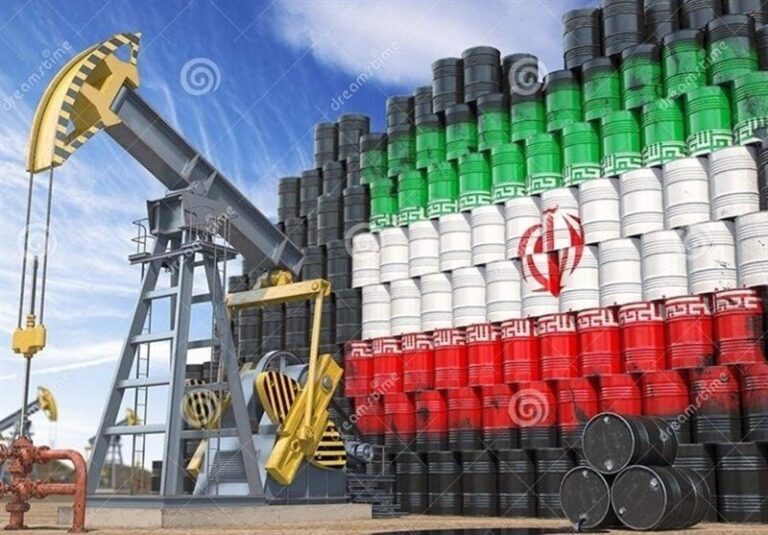
Iran Boosts Oil Production by 12,000 BPD: OPEC Reports Strong Growth
OPEC’s recent report reveals notable shifts in oil production among its member countries, with a focus on Iran’s rising output. In March, OPEC’s 12 members produced 26.776 million barrels per day, down 78,000 from February. Conversely, Iran increased its production by 12,000 barrels per day to 3.335 million, making it OPEC’s third-largest producer. This growth reflects Iran’s strategic efforts to enhance its oil capabilities amid a competitive market. OPEC emphasizes member collaboration to stabilize oil markets, with ongoing discussions highlighting Iran’s constructive role. These developments are crucial for the global oil supply and market dynamics.
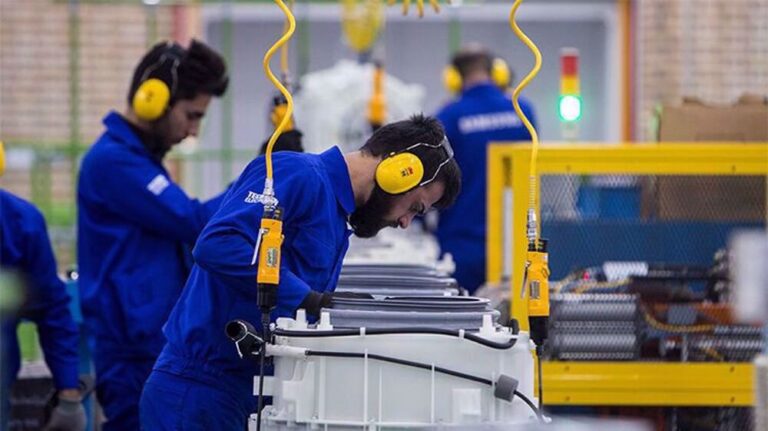
Iran Boosts Worker Minimum Wage by 45%: A Major Economic Shift
Iran’s Supreme Council of Labor has approved a 45% increase in the minimum wage, effective March 21, raising it to 103.99 million rials per month (about $3.76 daily). This move aims to support workers amid rising inflation, which soared to 32% as of January 19. For families with two children, the minimum wage will be 163.5 million rials (approximately $177). This adjustment, applicable to all workers under Iran’s Social Security Law, reflects efforts to alleviate financial pressures and promote equitable wealth distribution, highlighting the government’s commitment to addressing economic challenges and supporting vulnerable populations.

Iran Aims for 50 Million Tons of Steel Production by 2025, Says Industry Minister
Iran’s steel industry is projected to exceed 50 million tons of production by the end of the next Iranian calendar year, up from the current 45 million tons. Industry expert Atabak highlighted the sector’s strategic importance and significant advancements since the Islamic Revolution. The government’s support through technology investment, infrastructure development, and regulatory initiatives is fostering growth. As the industry expands, it also promises job creation and improved living standards. However, sustainability remains a priority, with a focus on reducing carbon emissions and promoting recycling. Overall, the steel sector is poised to enhance Iran’s economic prospects on a global scale.
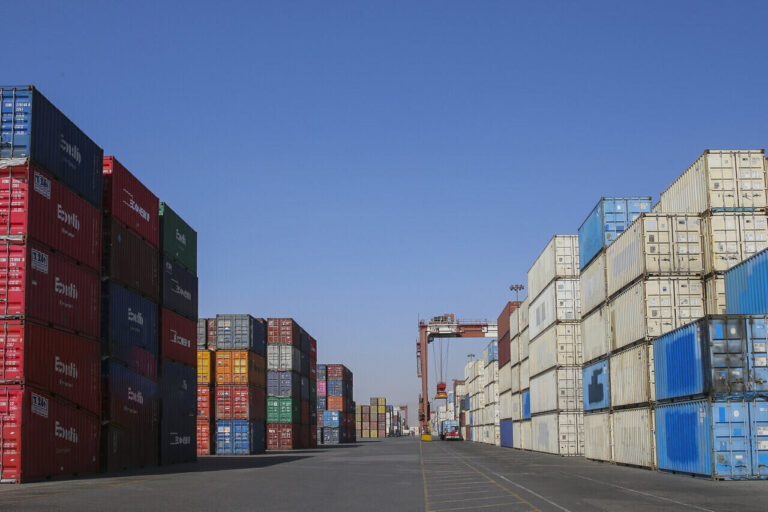
Tehran and Baku Experience 20% Surge in Trade Over the Past Year, Says Official
Recent talks between Iran and Azerbaijan showcase their burgeoning economic partnership, highlighted during the 16th Iran-Republic of Azerbaijan Joint Economic Commission meeting. Trade exchanges surged to $580 million in 2024, a 20% increase from 2023’s $480 million, signaling strong future collaboration potential. Key discussions included the operational status of the Astara Border Bridge and the nearing completion of the New Aghband Bridge, aimed at improving trade routes. Emphasizing energy cooperation, the agenda covered electricity, oil, gas, and banking. This partnership reflects a commitment to enhancing connectivity and trade efficiency, promising mutual benefits for both nations.